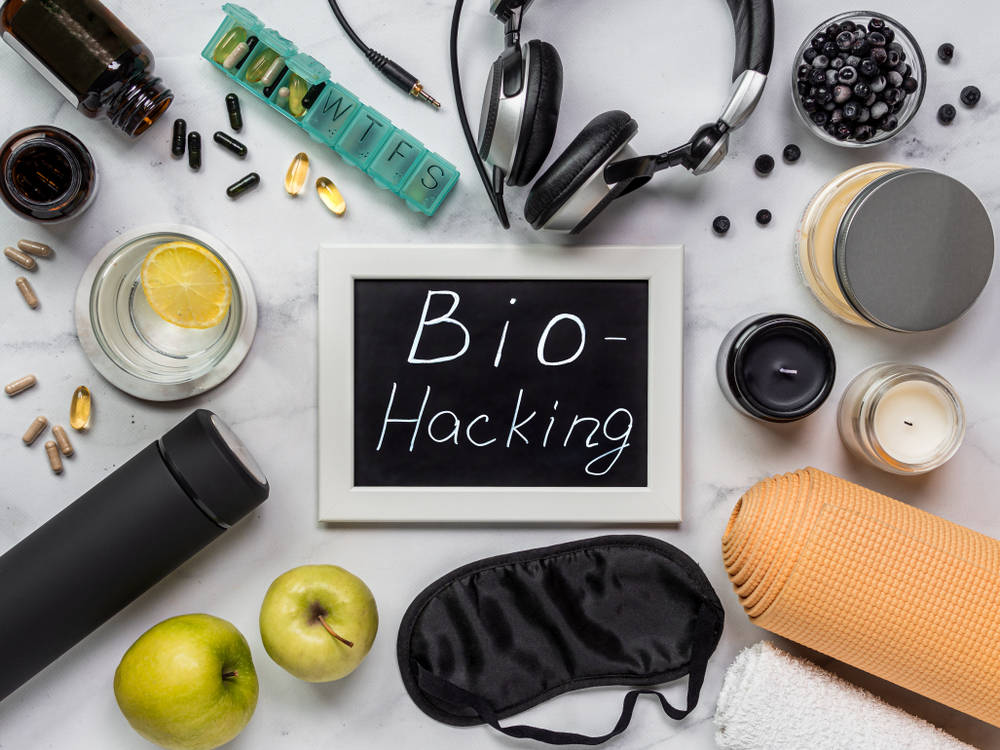The biohacker movement is an emerging trend of individuals who are passionate about technology and healthcare, and want to use their knowledge to improve their lives, and potentially the lives of others, through the use of biotechnology. From genetic engineering to stem cell research, biohacking is changing the way that people view and interact with their bodies and their health. In short, biohacking is the use of science and technology in an unconventional way to achieve a desired outcome.

Biohacking has become a popular movement in recent years due to the increasing availability and affordability of technology that enables individuals to experiment and explore areas of biotechnology. As a result, there are a number of new trends in the biohacker space that are allowing people to not just understand the complexity of their own biology, but also to actively collaborate on projects that have the potential to improve humanity.
One current trend in the biohacker space is the rise of do-it-yourself biology (DIY biology). This trend is enabling people to bypass traditional methods of biology and engineering, and instead use low-cost hardware and software to conduct experiments and research. DIYers are leveraging open source technology to create unique and interesting projects, from hacking together a home aquaponics setup to designing a DIY virus-proof mask.
This trend is allowing people to explore biotechnology on a budget, and to share their experiences and discoveries with the biohacking community. In addition, the growth of biohackerspaces is providing an environment where people can come together to share knowledge, ideas and experiences, and work on projects collaboratively.
Finally, biohackers are also using crowdfunding to fund creative projects that have the potential to have a real impact on human health and the environment.
The biohacker movement is an empowering trend that enables individuals to explore and experiment with the potential of biotechnology and healthcare. With the rise of affordable technology, open source software, and collabor atively shared knowledge, this trend will continue to allow for responsible and meaningful innovation in the field of biology and healthcare.
